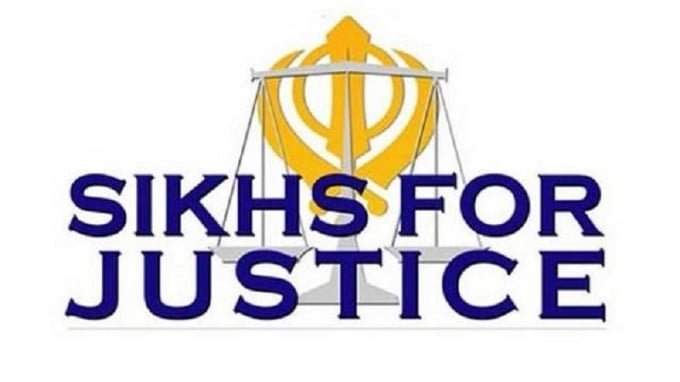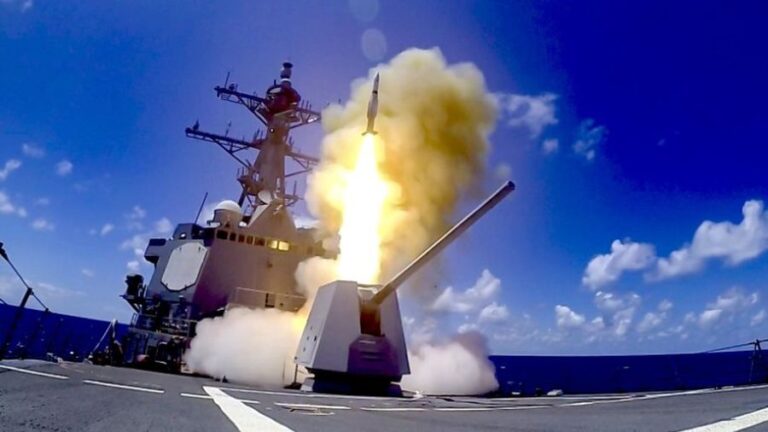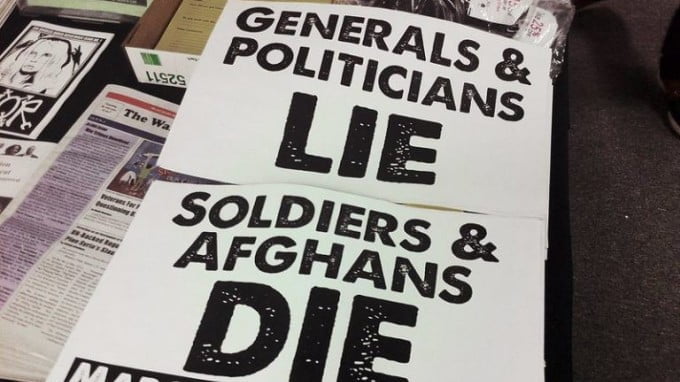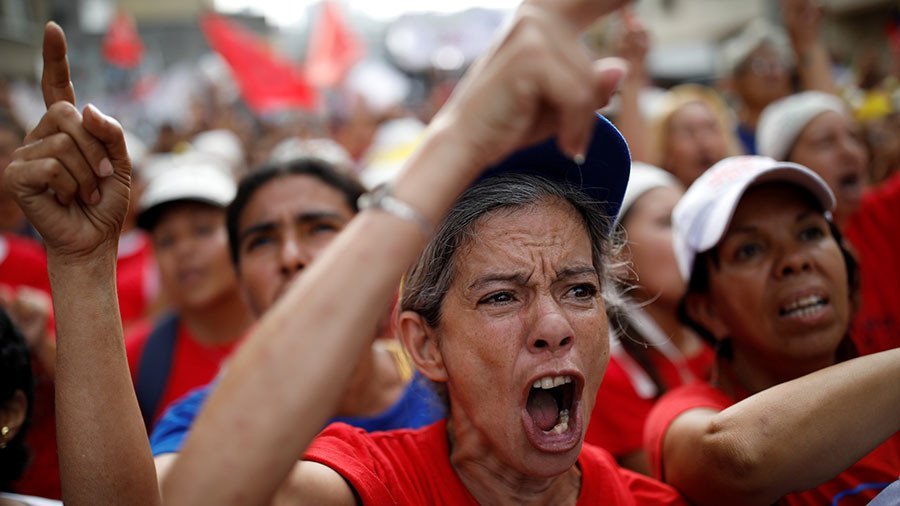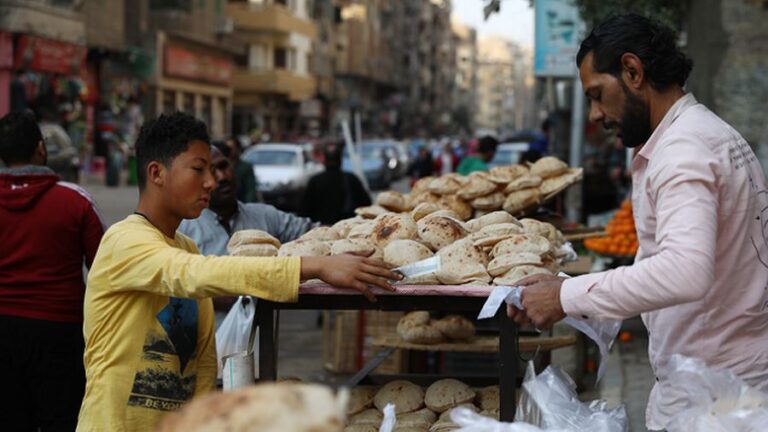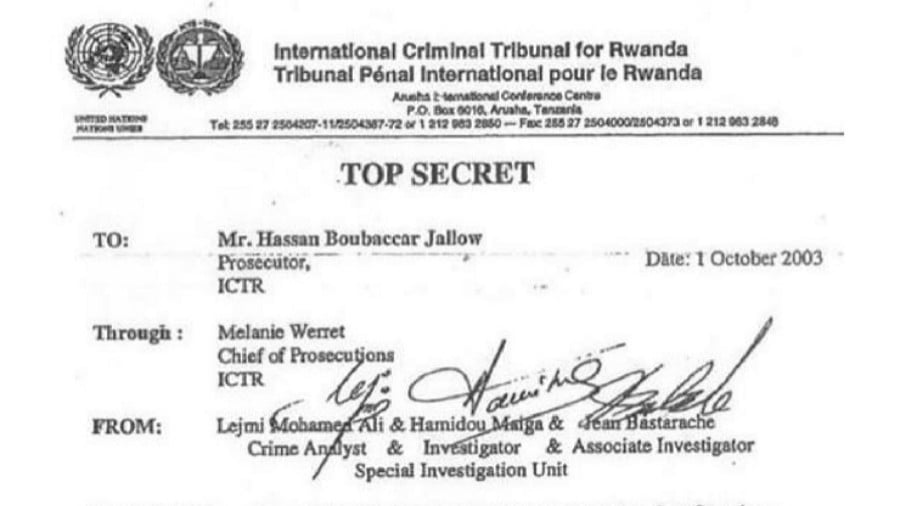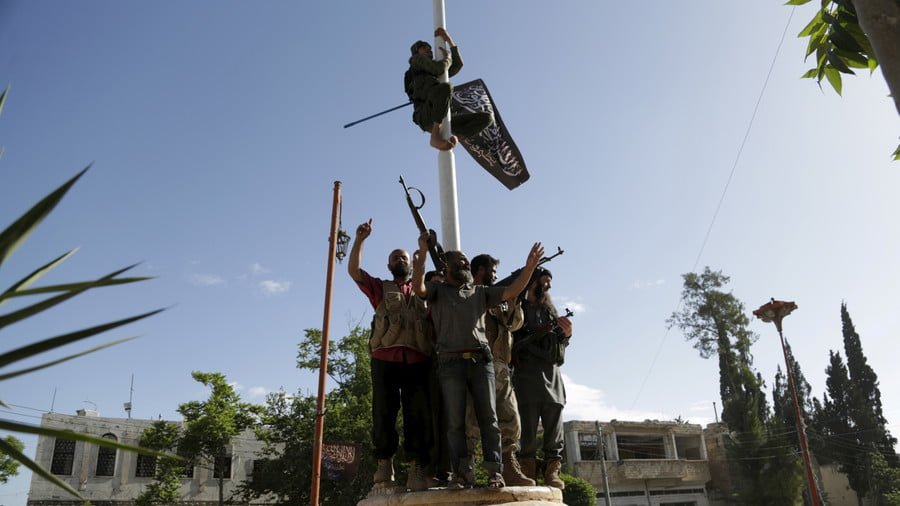July 4th Might Soon Be Just As Important For Sikhs As It Is For Americans
July 4th is a somber day for Sikhs since it marks the date in 1955 when the Indian Army attacked their religion’s holiest shrine, the Golden Temple, but that date has become even more important this year since it’s the day when the Sikhs For Justice will begin registering voters to participate in their planned self-determination referendum in November for turning the Indian state of Punjab into the independent nation of Khalistan.
***
Most people associate July 4th with American Independence Day, but it also carries a special significance to followers of the world’s fifth-largest religion, Sikhism. This date is a somber one for them since it marks the day in 1955 when the Indian Army attacked their religion’s holiest shrine, the Golden Temple. That act of aggression isn’t anywhere near as well known outside of Punjab as “Operation Blue Star” is from June 1984, which was a much deadlier and more destructive attack than its predecessor nearly three decades prior, even though the former killed an estimated 200 people, injured 2000, and led to around 57,000 arrests. The 1955 attack, however, showed that even the so-called “secular” and “socialist” government of Prime Minister Nehru didn’t shy away from religiously driven nationalist attacks against minorities like the Sikhs. During both tragedies, the state was trying to suppress the extremely popular Sikhs’ rights movements at the time which they feared could ultimately culminate in the creation of the independent nation of Khalistan.
July 4th might soon be just as important for Sikhs as it is for Americans, however, considering the fact that the Sikhs For Justice (SFJ) plans to begin registering voters to participate in their planned self-determination referendum in November which could eventually pave the way for Khalistan if everything goes according to their plans. To be clear, they don’t expect Khalistan to be created the day after in the event that the majority of participants vote for its establishment, but hope that their peaceful activism will raise global awareness of their decades-long plight at the hands of the Indian state and put their movement on the path towards eventually participating in a UN-backed referendum on this issue. Although their cause is fully in line with the UN Charter, India regards it as a grave national security threat and has begun cracking down on the group, even going as far as waging information and legal warfare against its legal advisor, Gurpatwant Singh Pannun.
The SFJ hopes that July 4th will one day be seen in hindsight as the first tangible step towards Khalistan’s independence, which might not be as far away as some casual observers may think. India has been in the throes of a state-on-citizen Hybrid War that dramatically intensified near the end of last year but calmed down a bit in recent months as a result of the country’s COVID-19 lockdown. The Hindu nationalist government of Modi’s BJP wants to carve “Akhand Bharat” (“Greater India”) out of “Greater South Asia” in order to impose a “Hindu Rashtra” (Hindu fundamentalist state), to which end it’s been oppressing all non-Hindu-extremists in the country. This includes Muslims, secular/”moderate” Hindus, Dalits (lower caste Hindus), ethno-regional minorities such as those in the Northeast for instance, and of course Sikhs. It might therefore struggle to hold the country together in the coming future as its aggressive actions risk triggering serious separatist reactions.
The Indian military isn’t as strong as its most jingoistic supporters previously thought, which was proven by the pounding that they received by the People’s Liberation Army in early June after they illegally trespassed beyond the Line of Actual Control (LAC) in China’s Aksai Chin. At least 20 Indian soldiers were killed in non-firearm clashes, which conclusively put to rest the false narrative that’s been cultivated by the state for years that India was already supposedly a “superpower“. It can still inflict tremendous suffering upon its own people, as both Sikhs and Muslims unfortunately know all too well, but the crisis of morale that’s set in following the Galwan Incident might limit its effectiveness at home and thus increase the odds that India’s disgruntled demographic groups might succeed if they once again rise up in peacefully asserting their UN-enshrined right to self-determination.
Observers across the world will be watching to see how India reacts to the commencement of the SFJ’s voter registration campaign in Punjab. The country might have been able to avoid attracting a lot attention a few months back for any forthcoming human rights abuses that it might be tempted to commit in desperation to destroy this movement, but everyone’s eyes are on it nowadays after the Galwan Incident. As India pivots more closely to the US in the aftermath of that clash, it should keep in mind how uncomfortable the US would feel with the optics of it openly siding with a country that continues to commit crimes against its minorities (be they Sikh, Muslim, or whichever else). This realization might cause India to reconsider the “wisdom” of a heavy-handed response to the SFJ’s peaceful voter registration campaign lest it risk drawing the US’ ire and compelling Trump to put the brakes on their “comprehensive global strategic partnership” for soft power reasons.
By Andrew Korybko
Source: One World

